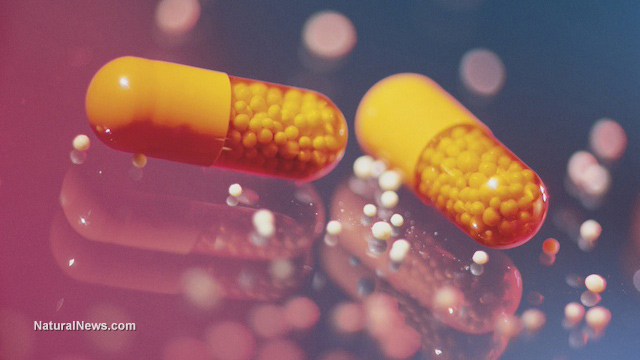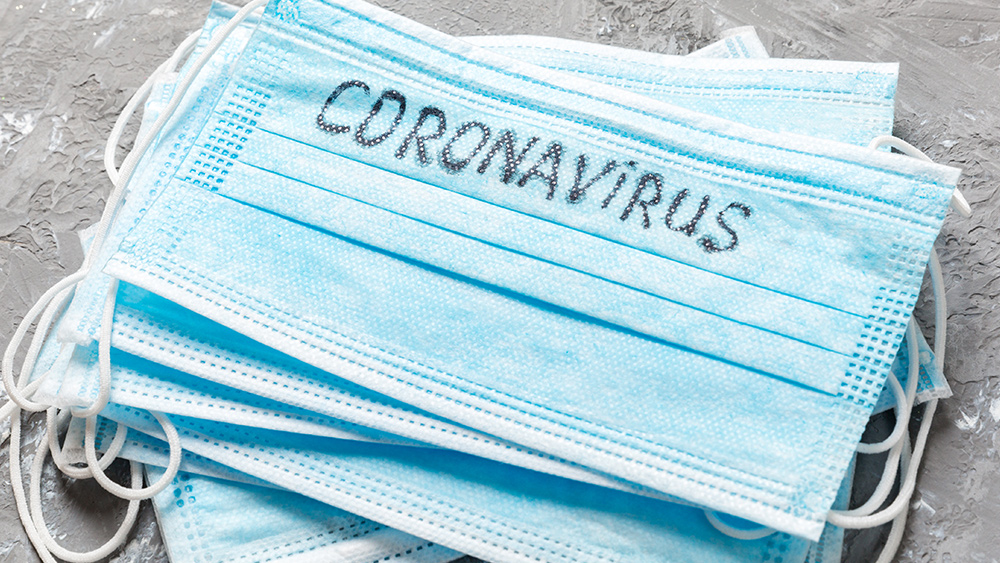
Advertisement
Teenagers change physically in a very short span of time, maturing mentally, physically and sexually. But one Big Pharma drug transformed many teenaged boys physically in ways that are very unnatural, and now they are set to exact a price—in court.
As reported by CNN, when he was 13, Eddie Bible looked into the mirror and did not see a boy staring back; that’s because he was sporting some very large breasts. “I had bigger boobs than the girls in (high) school,” he said, even at one point wondering if he would have to start wearing a “training bra.”
Come to find out Bible was suffering a side effect of a drug he was taking at the time—Risperdal, given for anxiety and bipolar disorder—but neither he nor scores of other users knew about it because the drug maker had not informed anyone.
“The doctors said, ‘Well, Risperdal was helping some.’ To me, it really didn’t help, because a year and a half later, I had gynecomastia,” Bible said.
Left thousands of patients feeling worse than before they began taking the drug
That is a condition which causes teenage boys or men’s breast tissue to grow. Bible, along with thousands of others, are now preparing a lawsuit against Johnson & Johnson for damages, alleging the company did not reveal the potential side effect quickly enough.
It’s not entirely uncommon for boys to develop some breast tissue as they move through puberty, but in the case of Risperdal, it’s different. The size of the growth, Bible says, was humiliating.
And first he accredited the outsized growth to just weight gain, which is also a side effect of the drug. So initially, he didn’t think much about it. But apparently the growth of breast tissue continued, becoming significant.

He told CNN had he known growing large breasts was a potential side effect of the drug he would not have elected to take it (few 13-year-old boys would; it’s an awkward, self-conscious age as it is).
As his breasts grew larger, he grew more secluded, opting to stay inside to play video games in his room and block out the world rather than spend time outside with friends. He says when he was forced to go outdoors and to school, he would have to deal with “the looks,” he said, as well as comments from fellow students.
“I’d go to the locker room, and people would point and stare,” he said, noting that the psychological effects of dealing with the breast growth was much worse than the bipolar disorder the medication was supposed to treat.
Now 26, Bible says he believes Johnson & Johnson and its subsidiary, Janssen (which marketed the drug) took advantage of him. He said that everyone picked on him “being a boy with boobs,” which he described as “depressing.”
History of lawsuits and settlements
After being on the market for more than 10 years, in 2006 the company began including information in Risperdal packaging that one of its side effects was breast tissue growth. But for Bible, that information came much too late. When he looks back at what happened, he says he feels “like an experiment.”
The company, in a statement to the news network, said on behalf of its subsidiary that it sees Risperdal as a useful medication that is “essential” to helping people who are affected with mental issues. The company also put the onus on doctors, because they “decide how best to treat their patients.”
Yes, but if they don’t know all the side effects of a medication because the maker hasn’t told them, how are they to make the best treatment decisions for their patients? So who is at fault here, really?
It gets worse. The World Health Organization has formally endorsed risperidone, the chemical name for Risperdal, by placing it on its list of “essential medicines,” meaning it is “one of the minimum medicines needed for a basic healthcare system.”
But since the drug hit the market in 1994, it has been controversial, and not simply due to the gynecomastia. J & J has had to pay out more than $2 billion in settlements and penalties to state and government entities due to lawsuits related to Risperdal and a pair of additional drugs, not to mention the criminal and civil complaints.
And now, it appears as though the company may have to pay again.
Sources:
Submit a correction >>
This article may contain statements that reflect the opinion of the author
Advertisement
Advertisements















